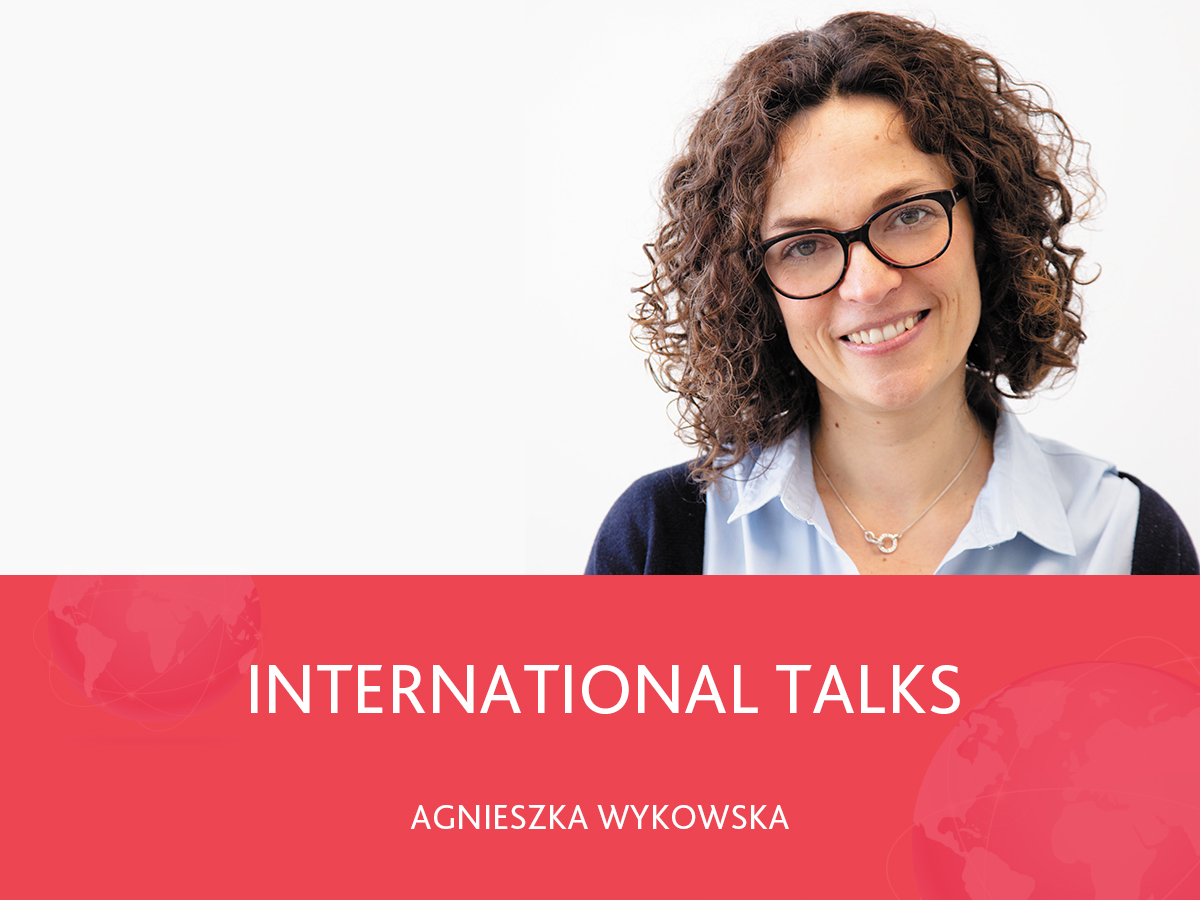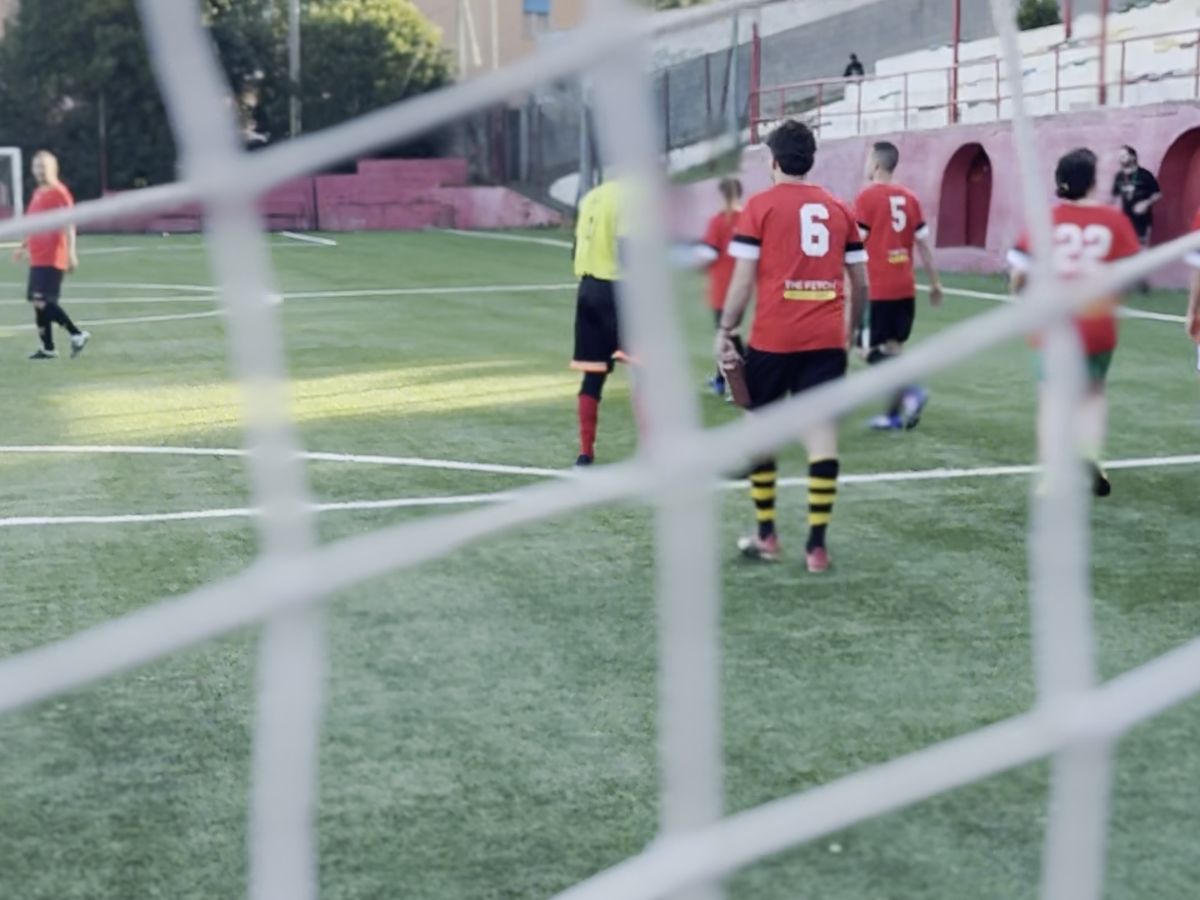Academics are nomads of today
A few years ago, if someone had told me that I would end up living in Italy, I would not have easily believed it. Italy had never been on my radar. Me, who grew up with skis attached to my feet, who is mesmerized by the crispy fresh air of the Northern winters, an air which gives prickly sensation inside the nose when breathing it in.
In the search of that beloved wintery ambience, in March 2016 I set out for a big move to the North – I decided to accept an offer of a professorship position at Luleå University of Technology, North of Sweden, ca. 170 km South of the Arctic Circle. A place where temperatures easily drop to minus 30°C in December, the snow covers the city with 1m layer, and the Baltic sea freezes, so that one can drive a car over the frozen waters to Finland. It sounded like a perfect place for my preferred environment. So I said goodbye to my Munich life, where I had spent 12 years, where I received my education as a cognitive neuroscientist, and my PhD in Psychology. And I took off to the wild North. Not for long though.
One thing I have learned relatively early in my career is that academic life is like surfing on the wave of uncertainty (please see my little piece related to this here: https://www.nature.com/articles/d41586-018-06873-5). One never knows what opportunities arise and when, and one should try to grasp all chances that promise an advance in one’s scientific endeavor. And so I did. While I was settling in in Luleå, I learned that my application for the ERC grant that I had written still in Munich was successful. I was ecstatic and at the same time reflecting deeply on what to do next. I knew that the ERC project needed a very special academic environment. The project’s focus is on social cognition in human-robot interaction. In order to carry out the project, I knew I needed to be embedded in an interdisciplinary environment, with roboticists and AI experts onboard. And my thought landed on the institute where one of the most advanced humanoid robots – the iCub – had been born, the Italian Institute of Technology (IIT). I had known the IIT already long before my move to Sweden, as iCub was one of the robot platforms with which I had worked before, at the Technical University in Munich. And I knew that for the key questions of my ERC grant, the optimal robot platform would be iCub, together with the support and facilities that IIT provides. I set out to discuss with Prof. Cingolani, the Scientific Director of IIT at the time, and he invited me to join the IIT. Eventually, I decided for yet another move that year, this time from the far North to the far (for me) South.
At IIT, I have established the research line “Social Cognition in Human-Robot Interaction”, built a lab from scratch and recruited a team which at present consists of 14 members – postdocs, PhD students and two technicians. Our focus is on socio-cognitive mechanisms of the human brain evoked by interaction with a robot. In our experiments, we manipulate the robot behavior and observe how its subtle social signals affect participants’ reception of the robot, both at the neural and at the behavioural level. We are also interested in developing robot-assisted protocols that can be used in training social skills for individuals with difficulties in social interactions, for example individuals diagnosed with autism spectrum disorder.
IIT provides unique environment for this kind of research agenda. IIT comprises extremely talented researchers from various disciplines, creating a vibrant atmosphere of intellectual and creative exchange of ideas. Additionally, IIT’s technical support for researchers is exceptionally professional, enabling implementation of the most complex experimental ideas in technically sophisticated setups. I am really happy that I landed at IIT with my ERC grant and the entire research line that I am pursuing.
Regarding living in Genova… oh well, it takes a good while to adapt to the noisy, crowded and hectic urban atmosphere of a Southern city with motorbikes attacking us from all directions simultaneously. It is particularly difficult to adapt when one is used to calmer, more spacious and more abundant in nature cities of the North. But this is what happens with moving to new countries, and new cultures, and what makes us learn and grow continuously. This is the essence of academic life. Academics are nomads of today, and I guess continuous change is our only constant.





